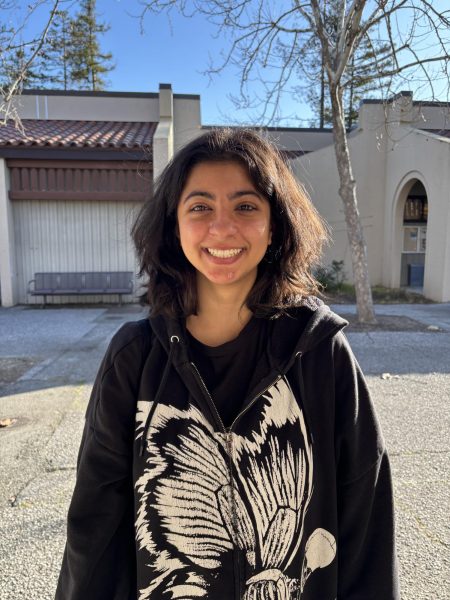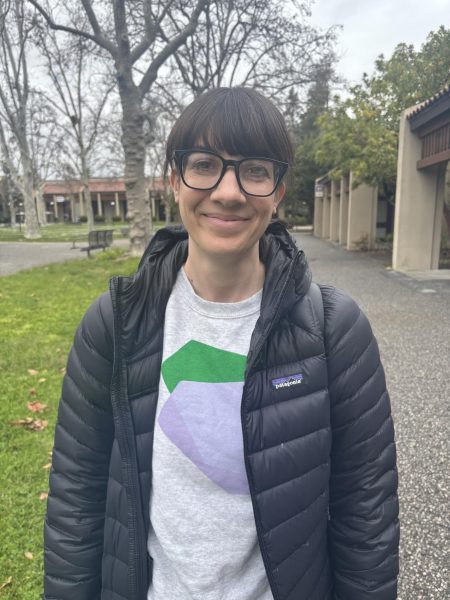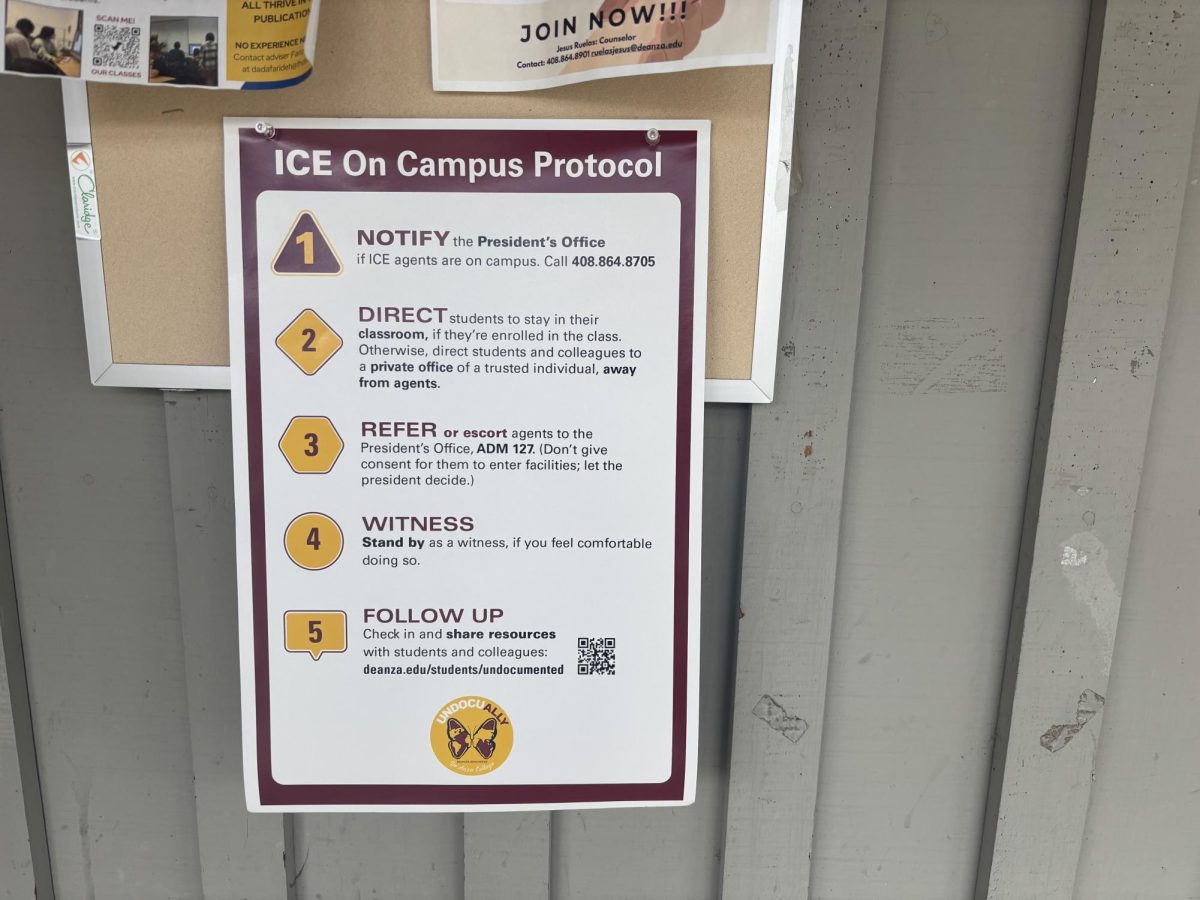The White House announced plans to deport student immigrants involved in pro-Palestinian protests after president Donald Trump signed an executive order on Jan. 29 aimed at cracking down on antisemitism on college campuses. The executive order has sparked anger and confusion from students and staff in support of Palestine.
“I will also quickly cancel the student visas of all Hamas sympathizers on college campuses, which have been infested with radicalism like never before,” Trump said on the order.

Trump said the federal government plans to use “all available and appropriate legal tools” to arrest and deport all foreign students who are found to be guilty of “unlawful anti-Semitic harassment and violence.” He cited Palestinian protests as an example of such antisemitism.
“Trump is weaponizing the idea that pro-Palestinian protests are hateful towards Jewish people to push his agenda that immigrants are violent,” said Suendus Zubaidi, 18, biology major.
Zubaidi, a child of Palestinian immigrants, addressed common misconceptions about pro-Palestinian advocacy.
“A true pro-Palestine supporter is not antisemitic,” Zubaidi said. “Being anti-Zionism is not antisemitism.”
Candice Filipowicz, 38, business major, said the debate goes beyond immigration policy and touches on fundamental rights.

“We have to protect people’s right to protest in the country, immigrants should have the same rights to do so as natural born citizens,” Filipowicz said. “I think that everyone deserves a chance to have both a safe space and a safe place to live.”
Filipowicz, a Canadian immigrant, talked about the challenges she faced navigating the U.S. immigration system, pointing out that immigrants from all backgrounds face difficulties in securing their own spot as a citizen of the U.S.
“As an immigrant myself, although I didn’t come from a place of war, I’ve been through the (immigration) system — I know how hard it is. No matter their political views, our immigrants have to be protected,” Filipowicz said.
James Nguyen, 48, political science professor and Faculty Association vice president, said this policy will make it difficult for international and undocumented students at De Anza to freely learn and discuss in class.
“The chilling effect on free speech could be felt,” Nguyen said. “Especially among immigrant and undocumented students.”
Nguyen emphasized that the conversation should remain focused on protecting student rights rather than debating individual perspectives. He cautioned that the way these situations are being handled could discourage students from voicing their opinions and participating in campus discussions.
“Colleges should foster open debate, not create an environment where students are afraid to speak out,” Nguyen said. “Regardless of one’s stance on the protests, targeting students in this way undermines First Amendment protections and sets a troubling precedent for political expression.”
The Jewish Student Association did not respond to requests for comment.






